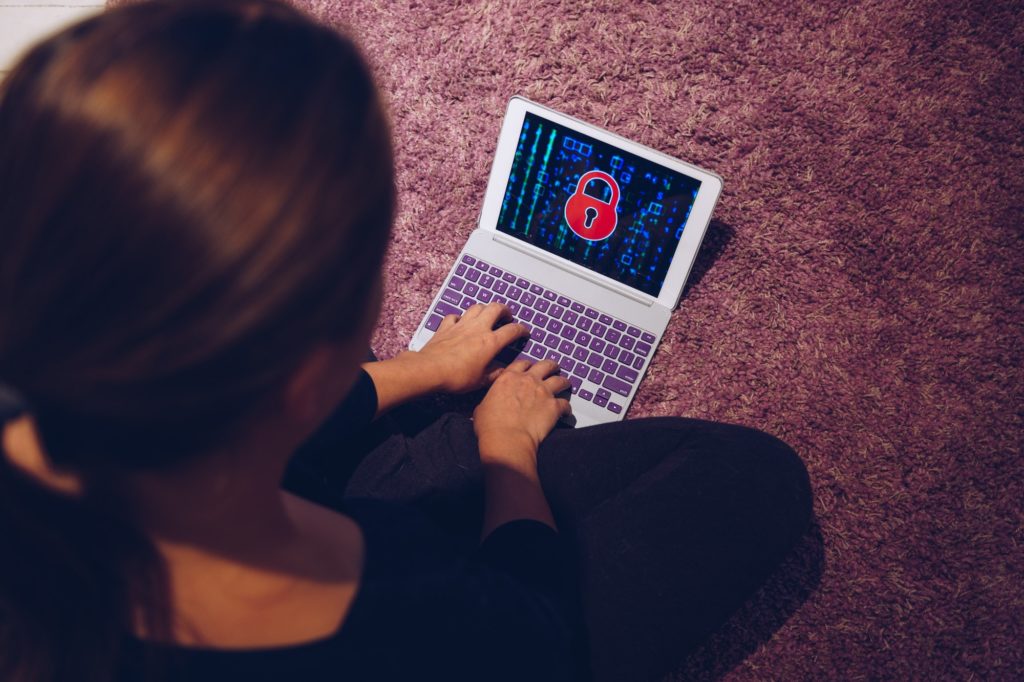Today, hackers are becoming very sophisticated. And the reality is this: they’ll never go away. For this reason, it’s more important that you view hackers as criminals seeking to invade your businesses systems to cause harm to you, your employees, your data, and more importantly, your customers.
What exactly is a hacker?
Hackers are software engineers and programmers that use these engineering and programming expertise to cause harm to others and/or with criminal intent. They’re goal is to gain unapproved access to your computers and your businesses computer network. Often times, hackers may stay simply by attempting to adjust settings on your computer or web browser with the intention of later gaining access to other personal or private information for you or your customers.
Why are hackers here to stay?
Simply put, just as technology is constantly changing and evolving, the modern and sophisticated hacker is changing at the same pace and sometimes even faster. This type of hacker is constantly looking for new vulnerabilities in software, computers systems, networks, databases, mobile devices, and online in order to create malware, spyware, and viruses that are more elusive and more difficult to destroy.
Spyware and how hackers use it to harm you.
What is the purpose of spyware?
Spyware monitors and logs your computer usage and activity. It observes the users behavior and finds vulnerabilities which allows the hacker to see data and other personal information that you’d normally consider private or sensitive.
What are the most common ways spyware is distributed?
As we’ve said already, hackers are becoming more and more sophisticated. This idea isn’t lost on how spyware is distributed. The most common way spyware is distributed is through online downloads that normally would be harmless. Another common method is to through free unsecured (no password needed) or easy to hack Wifi connections. For most hackers, this is all they need to have full access to NOT ONLY your computer or network, but any connected device in your office or home. And then it will piggybacks onto downloads, files, etc. and runs undetected gathering information about you, your customers, and your system until it’s be discovered and destroyed.
Important: Spyware is almost always downloaded unknowingly or it’s disguised as something reputable. This means it’s almost never intentional. And most of the time, spyware is brought into your system by an employee who thought they were doing the right thing yet inadvertently infects a computer or a workstation and then eventually it spreads through the whole system.
What does spyware do once it’s found a way onto a computer or a network?
Spyware is programmed to attach itself to files, emails, etc. on your computer or device without your authorization. Then it will begin monitoring and looking for specific types of information that would be important to the hacker such as credit card information, phone numbers, email addresses – really anything the hacker wants to program it to be on the lookout for. When it finds something it’s designed to look for, it then transmits / sends this data back – usually undetected – to a remote storage or database system where the hacker can access the information.
While are hackers are becoming more sophisticated. That doesn’t mean they use complex methods. Often times, hackers are programming spyware to look for sensitive and critical information in the very simple and easy to protect places such as keystrokes, screen activity, documents, address book contacts, notes, etc. And, while many hackers focus on simple methods, there are many that take a more aggressive approach by creating spyware that can assume control over your computer or devices, to do everything from altering internet or web browser settings to conducting illegal and criminal activity.
Malware and how hackers use it to harm you.
What is malware?
Malware is short for malicious software. Malware comes in the form of worms, infections, trojans, spyware, adware, rootkits, and even viruses.
What is the purpose of malware?
It’s designed to do everything from steal sensitive information to erasing hard drives and other irreparable damage to a system or network. Unlike spyware, malware can function just like a virus does with humans, reproducing itself and spreading from one computer to another and another and so on.
What are the common reasons hackers use malware?
Hackers use malware specifically for many reasons such as:
- Accessing or deleting documents
- Modifying or erasing information
- Acquiring and distributing sensitive data such as financial records, credit card numbers
How do you get rid of spyware and malware?
Both spyware and malware are hard to contend with and almost always will require an expert who knows what they’re doing and how to prevent it in the future. Normally, a system or network will need to be wiped clean and restored with data that is backed up or at a minimum a complete system reinstall, including other important software, is needed to fix the issue. Sometimes, replacing certain hardware components such as hard drives is required to insure a proper fix.








